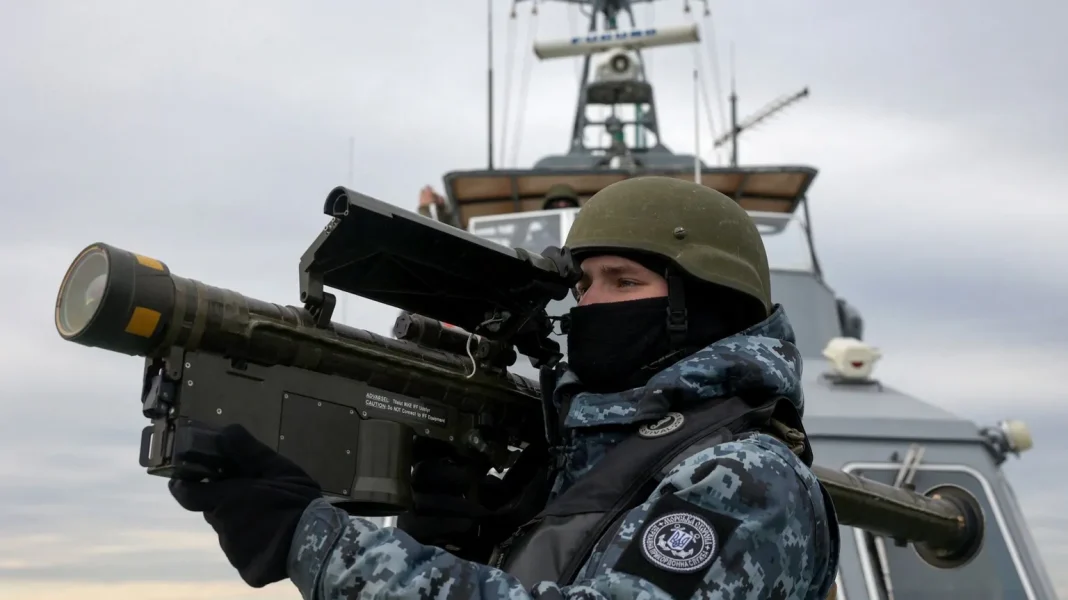Russia and Ukraine have reached agreements with the United States on a naval ceasefire in the Black Sea, following three days of peace talks in Saudi Arabia. The deals aim to reopen critical trade routes, with all parties committed to working toward a “durable and lasting peace.” Additionally, the agreements include a ban on attacking each other’s energy infrastructure, which had been previously discussed.
However, Russia has made it clear that the naval ceasefire will only take effect once certain sanctions against its food and fertilizer trade are lifted. These sanctions include the reconnection of Russian banks to the SWIFT payment system, lifting restrictions on servicing ships under the Russian flag, and easing restrictions on the supply of agricultural machinery and goods essential for food production.
Ukrainian President Volodymyr Zelensky described the ceasefire deal as a step in the right direction but expressed caution, stating it was too early to determine if the agreement would hold. He emphasized that Ukraine had shown a commitment to peace, countering previous claims from U.S. President Donald Trump, who had accused him of blocking a peace deal. Zelensky also criticized the lifting of sanctions as a “weakening of positions” and said Ukraine would push for further sanctions and more military support if Russia failed to uphold the agreement.
In response to the sanctions issue, the Kremlin insisted that the Black Sea ceasefire would not begin until its demands were met, though the White House did indicate that the U.S. would help restore Russia’s access to global markets for agricultural exports.
Ukraine’s Defense Minister Rustem Umerov suggested that third countries could oversee parts of the deal, but warned that any movement of Russian warships beyond the eastern Black Sea would be considered a violation of the agreement and a threat to Ukraine’s national security.
The talks come in the wake of the collapse of the “Black Sea grain deal” in July 2023, which had allowed safe passage of commercial ships to and from Ukraine despite Russia’s invasion. Both countries are major grain exporters, and the initial deal helped facilitate the movement of crucial food products, including grain and sunflower oil, through the Black Sea. Since Russia withdrew from the deal, global grain prices have surged.
Additionally, both sides have agreed to work on measures to implement a ban on attacking each other’s energy infrastructure. Russian strikes on Ukraine’s power grid have led to widespread blackouts and disrupted essential services, particularly during the harsh winter months. Despite the ceasefire talks, tensions remain high, with both sides accusing each other of violating ceasefire agreements.
As the peace negotiations progress, it remains unclear whether these efforts will lead to a lasting resolution or if they are merely temporary steps in a longer, more complex path toward peace.

